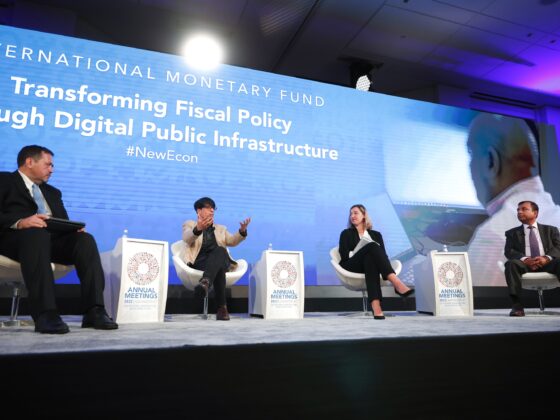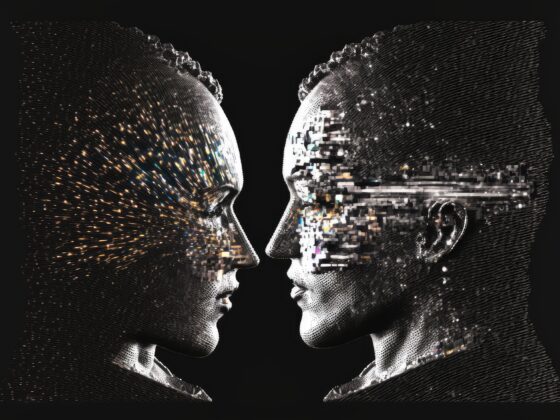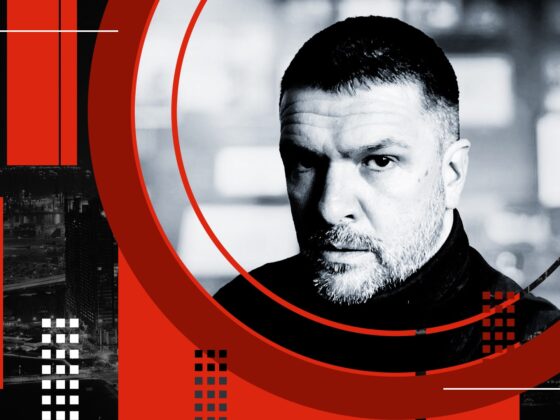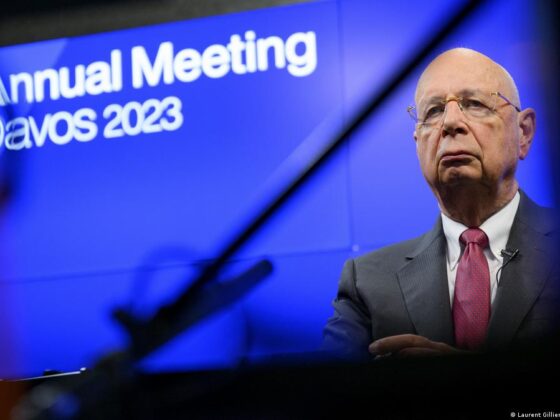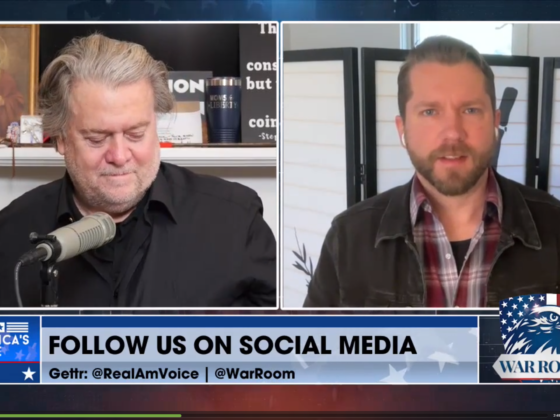The personal data of Internet users is the new gold. Whether it’s cybercriminals, online giants or intelligence agencies – they all want to get their hands on it. That’s because control over this kind of information means power. But how can the private sphere be protected?
Many people want to control the circulation of their personal data on the Internet – but in our digitalized world, can we really manage without online tools? Using concrete examples taken from real life, this documentary explores potential solutions to the problem.
Data protection on the Internet is a key issue in the age of digital mass surveillance. Despite mostly feeble attempts at regulation, the World Wide Web remains a veritable data jungle where, when it comes to protecting their personal information, citizens have little choice but to take matters into their own hands. But because not everyone is exposed to the same risks, there’s no one-size-fits-all solution.
In Berlin, the young performer Max wants to evade tracking by the “Big Five” and offer artists and clubs an alternative to Facebook. At a secondary school in Casablanca, students learn about the dangers of cybermobbing. In Hong Kong, a researcher and potential target of Chinese authorities learns how to make herself invisible online. And in the US, investigative journalists explore ways to communicate with their sources away from the gaze of cybersurveillance – against the backdrop of extradition proceedings against Wikileaks founder Julian Assange.
The protagonists of this film present practical solutions – for example, alternatives to WhatsApp, Safari or Google Maps – as well as online strategies such as data compartmentalization. The documentary also examines the possibilities of free and open-source software as well as Fediverse, a new social media network affording users control of their data.




